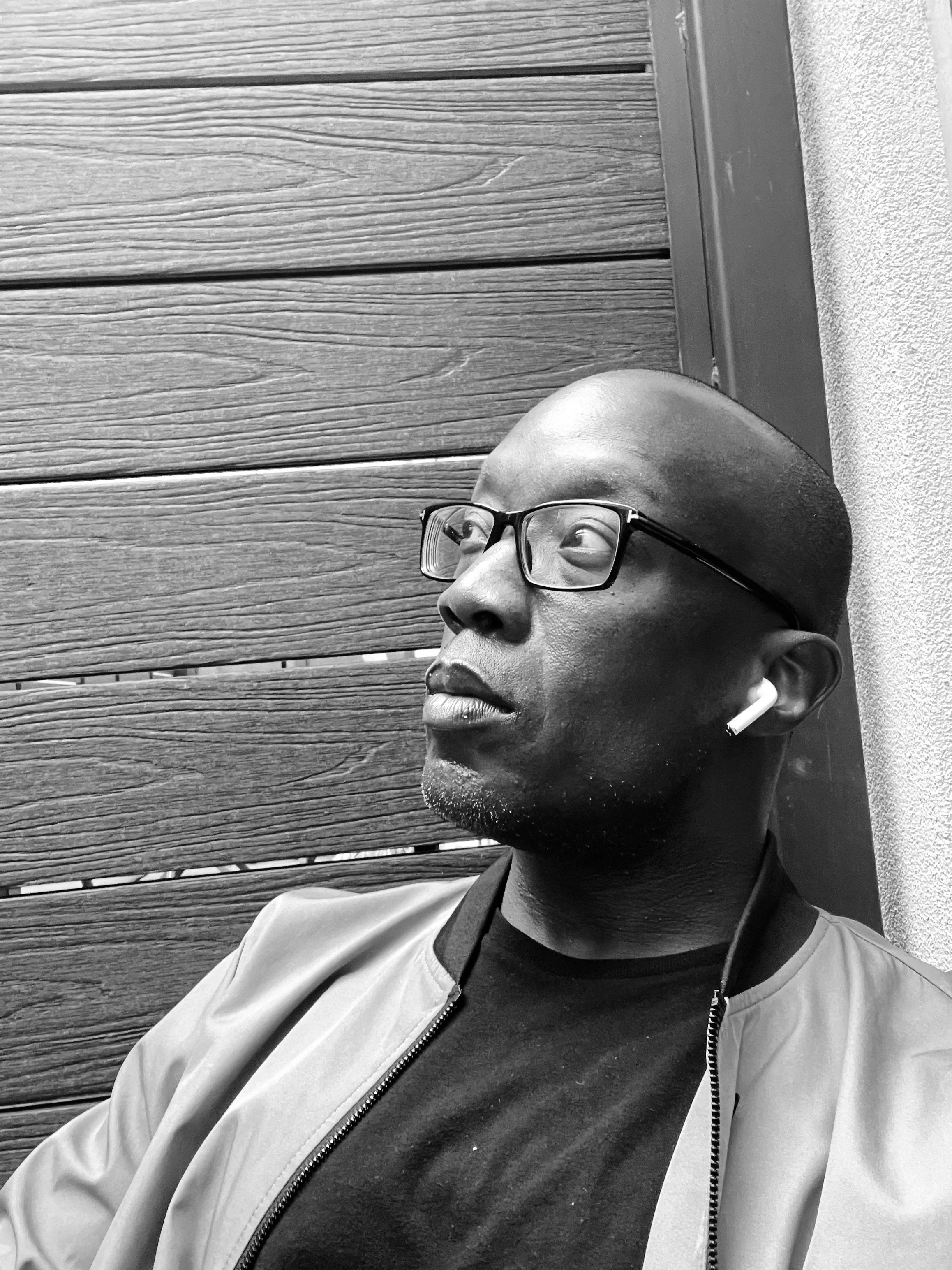Carl James Speaks: How Podcasting Helped Me Find and Trust My Voice
Even though I started doing “voiceovers” when I was about 9 years old, I didn’t start a podcast because I loved the sound of my voice. People have often complimented me on the way my voice sounds – which I’ve always appreciated. My voice (in my humble opinion) is deep, rich, and resonant. I think it has a presence and it sounds authoritative without sounding intimidating. It sounds self-assured and confident. And while I was deemed “smart” by classmates and teachers alike, the rest of my body certainly didn’t possess the same attributes that my voice produced. I was rather shy, insecure to a degree, and generally didn’t want to bring any attention to myself. And yet somehow, I kept landing in these spaces where I was very much the center of attention. From voiceovers, spelling bees, science fairs, and school assemblies throughout my elementary school years, to later in life becoming a performer (actor, singer, dancer aka a “triple threat”), I was everything, everywhere all at once! Despite my shyness and tendency to avoid unwanted attention, I consistently found myself in the proverbial spotlight and my voice was quite literally the star of the show.
However, if you’ve listened to my podcast at all (namely the first full episode entitled “Articulate”) you’d know that I have a somewhat complicated relationship with both my literal and figurative voice. I’m the type of person who has always had a lot to say, but didn’t always feel comfortable expressing it. Acting and performance in general became this vehicle for expression that I could almost hide behind – almost. As I got older and the stakes grew higher in both personal and professional relationships, I leaned toward saying less and taking up less space – until I just couldn’t do that anymore. I couldn’t continue to feel like I was being intentionally (or unintentionally) silenced.
When I separated from my last corporate job, I was sort of at a loss. I assumed that I would (and therefore should) bounce back quickly regardless of market/economic factors that were completely out of my control. But the “bounce back” wasn’t happening – at all. Hundreds of applications submitted yielded little to no results and merely contributed to an overwhelming sense of failure and a healthy dose of paranoia about if and when I would work again. I got really angry – at any and every one responsible for me being in this position – including me. I was essentially at my wits end when I decided that I wanted to get some things “off my chest” as they say. If I couldn’t work, then I was going to start talking and saying things that I’ve always wanted to say – because I literally had nothing to lose. Hence the idea of a podcast was born. I started it because I had something to say—but wasn’t entirely sure (at first) how to say it or if anyone would care that I was saying it. “Can I Have a Word?” began as a creative exploration, a way of interrogating language and identity, but along the way, it quietly became something even more personal. It became a path toward trusting the truth of what I already knew, even when my voice trembled or stumbled. I knew somewhere deep down that I had created a space and a platform that was unique, meaningful, and powerful. And it was a space that belonged to me.
“Articulate” was the first episode I recorded. It felt so natural to talk about what this very nuanced word had meant to me throughout my life. I didn’t feel like I had to search for the way into that first episode because it was clear to me. I had finally given myself permission to speak on my own terms without fear of backlash or retribution. The first time I listened back to that episode, I cringed in the same way that many artists and creatives cringe when they have to look at themselves in an artistic capacity. But the insignificance of my self-critique gave way to an immense pride in what I had just produced. There’s a particular vulnerability in putting your voice out into the world, especially when so much of your identity has been shaped by silence, performance, or code-switching. Each episode, both solo and guest, became a sort of blank canvas not just for clarity, but for courage.
I have stopped performing certainty and started speaking from conviction. My voice—unfiltered, questioning, layered—has become an archive of who I was, who I’m becoming, and what I hope to be. Podcasting hasn’t just amplified me; it has fully introduced me to myself.
We often talk about “finding your voice” as if it’s a moment. But for me, it’s been a practice. A muscle. A mirror. What began as a project about words has turned into a deeper commitment to truth—the kind that lives in tone, pacing, breath, and even silence. In a world that prizes polished statements, viral takedowns, and clever quips, podcasting has reminded me that it’s okay to speak from the middle of a thought and to have an incomplete ending. It’s ok to stumble, it’s ok to pause, and it’s ok to revise. To sound like someone intentionally trying to figure things out. There’s something liberating about thinking out loud—even if no one’s listening yet.
When something is true, you feel it in your bones. That’s what I chase now—not the perfect sentence, but the one that rings true for me. I’ve learned that your voice becomes more powerful when you use it to echo and amplify your truth. And if it can also resonate for others at the same time, then that’s just an added bonus.
